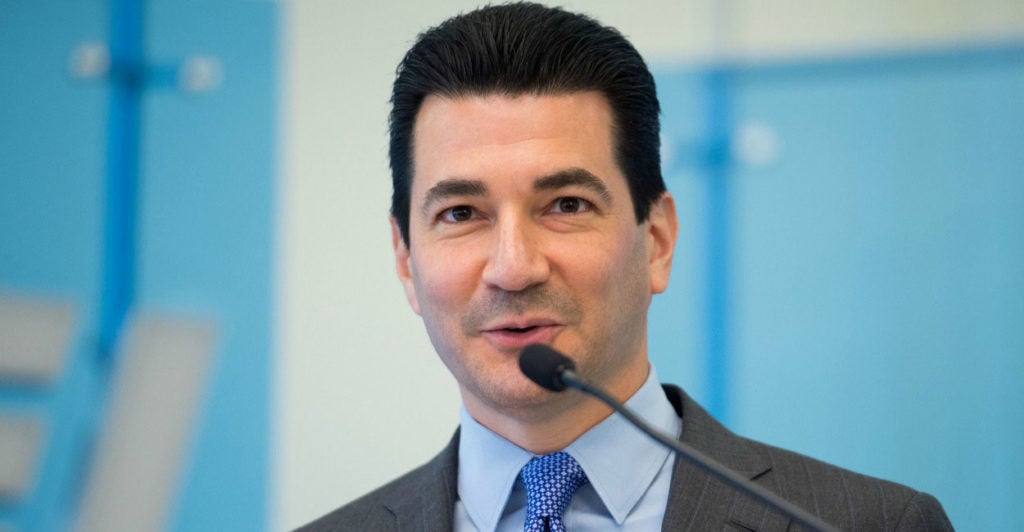A couple weeks ago, President Donald Trump nominated Dr. Scott Gottlieb to be commissioner of the powerful Food and Drug Administration.
A prominent physician, Gottlieb is an assistant professor at New York University School of Medicine and a resident fellow specializing in health policy at the American Enterprise Institute.
Gottlieb has long been a high-profile player in Washington’s health policy community, where he has published widely on a wide range of topics. These include the knotty and difficult problems of Medicare physician payment reform to the big and challenging issues of entitlement reform, particularly the functioning and future of Medicare.
Gottlieb is also a co-author of AEI’s comprehensive agenda for health reform, “Improving Health and Health Care.”
Whether testifying before Congress, briefing congressional staff, or publishing articles on health policy issues, Gottlieb has been a strong and reliable ally of conservative health policy specialists—including Heritage Foundation analysts—in promoting greater freedom for patients while protecting the independence and integrity of the medical profession.
Gottlieb is well prepared to take the helm of the FDA. He knows its policies and programs, and he has direct experience with its inner workings. During the Bush administration, after all, he served as the FDA’s deputy commissioner for medical and scientific affairs.
For Gottlieb, as for anyone taking over the agency, the FDA will present major managerial and policy challenges. The agency’s budget is nearly $5 billion, and it employs almost 15,000 employees, with offices and laboratories all over the United States.
The FDA’s regulatory authority is enormous, ranging from food and food safety to prescription drugs and biologics, blood and blood products, over the counter medications and dietary supplements, as well as cosmetics, medical devices, tobacco, and veterinary products.
In short, the FDA regulates a stunning range of products that today account for approximately 25 percent of the nation’s consumer spending.
Prescription drug testing and approval is the agency’s biggest headline-grabbing task. It regulates both “brand-name” and generic drugs, which are the chemical equivalent of brand-name drugs but with expired patents.
After extensive testing and clinical trials, the FDA must approve drugs for their safety and effectiveness. It also regulates the manufacturing, marketing, and labelling of drugs.
The approval and regulation of the pharmaceutical industry is a process heavily financed by “user fees” imposed on pharmaceutical companies.
Gottlieb is taking over the FDA at the very time that there is deep concern in the White House, Congress, and the nation over rising prescription drug prices.
Gottlieb, like the president, believes that the current drug markets are dysfunctional and wants to intensify competition. Based on his published record, he favors accelerated approval of cheaper generic drugs, and the streamlining of drug approvals generally.
Because of the FDA commissioner’s broad discretionary authority within existing law, there are a variety of administrative actions that Gottlieb may take without first seeking congressional approval.
He recognizes, as Matt Herper at Forbes magazine noted, that in the world of health policy, small regulatory changes can ignite major policy shifts.
Trump has mastered the art of executive recruiting. His appointments to guide federal health policy have been excellent.
It is hard to imagine a better secretary of the U.S. Department of Health and Human Services than Tom Price, nor a better candidate to oversee the sprawling Medicare and Medicaid programs than Seema Verma, the new administrator of the Centers for Medicare and Medicaid Services.
Gottlieb will be another outstanding addition to Trump’s health policy team.
